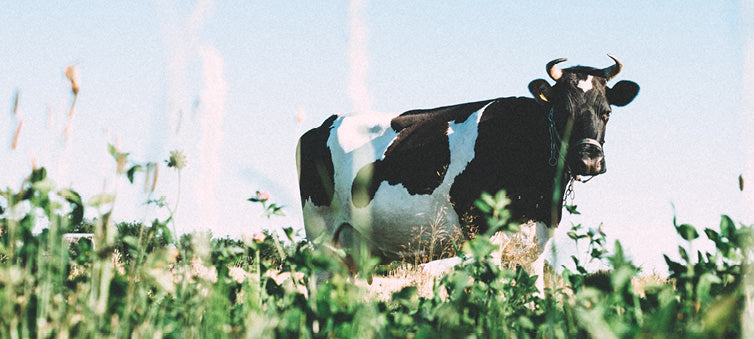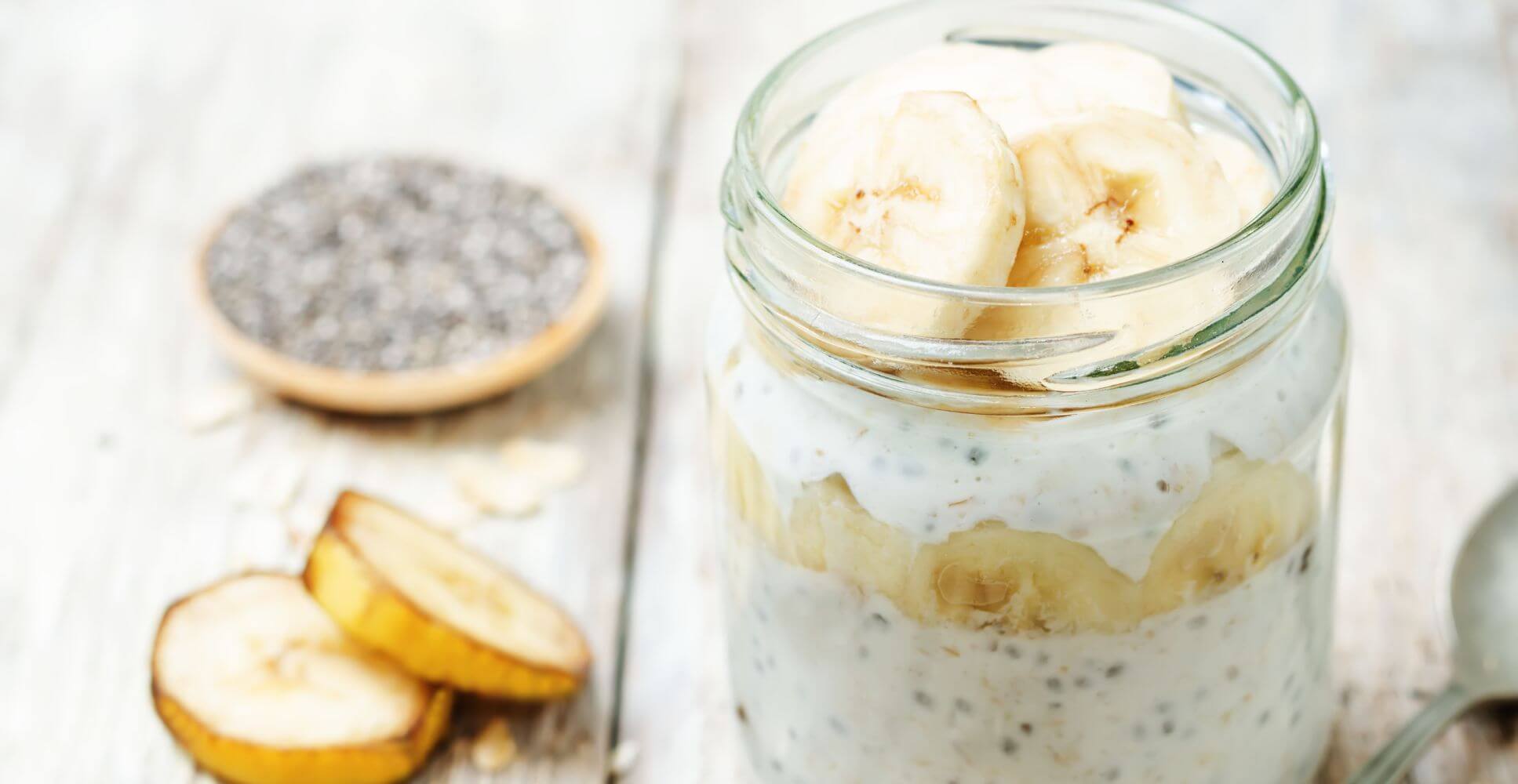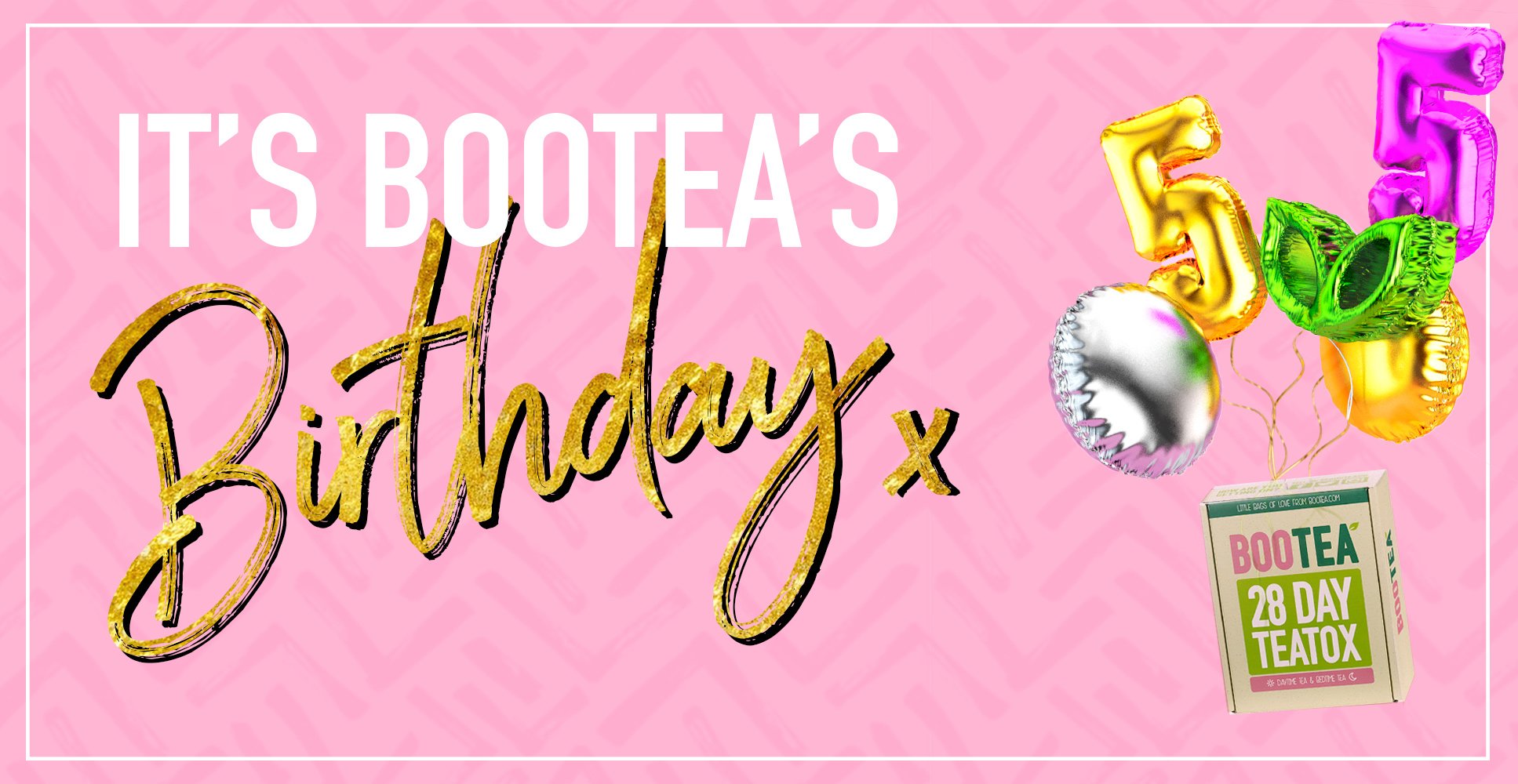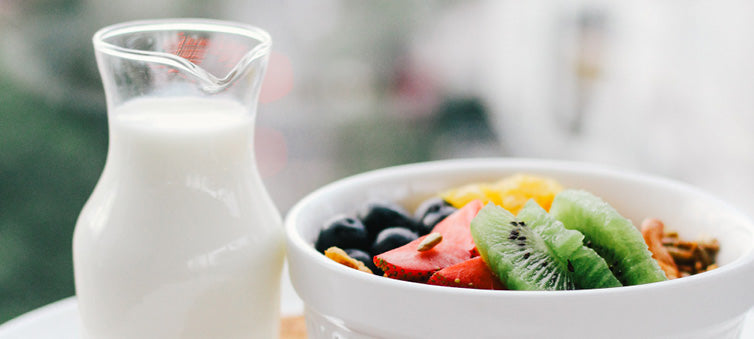
Dairy. It’s got us all divided. Is it a delicious, wholesome necessity of our daily human diet? Or is actually just the Devil in disguise, out to sabotage all attempts at healthy eating?
Today we’re asking, is it beneficial to ditch dairy when you’re trying to diet?
Let’s face it, most of us love dairy in some form or another. A cold glass of milk, an after-dinner cheeseboard, a big bar of creamy Cadbury’s chocolate… Whatever your vice, it’s ok. We get it. We’re as addicted to halloumi as much as the next turophile (the dictionary definition of a cheese-lover – look it up!), so no judgement.
But what’s got a lot of people in a funk lately, is the question…
Is it natural for humans to eat dairy?
Thinking about it, it does make sense to ask this. We are the only species in the world to consume milk as adults, and also the only species that drinks milk that comes from another animal. Ew.
Also, consider the biological purpose of cow’s milk. It’s designed to feed and aid a rapidly growing calf. In fact, bull calves are expected to put on between 71-79lbs in weight every month. Advocates of a vegan, plant-based diet often refer to milk as ‘baby cow growth fluid’. Vegan or not, we bet we’ve just put you off your milkshake with that one.
Dairy wasn’t actually consumed until after the agricultural revolution, which is why it’s strictly eliminated when following a Paleo diet. But as we did decide the other day that maybe Paleo wasn’t exactly the perfect plan… Well, let’s take a look at what dairy can do for us.
Yay! It’s Dairy Day… Free Feta for All!
Which nutrients do we get from milk and dairy?Nutrition-wise, dairy products are kinda packin’. Remember, it does contain all the proteins, fatty acids and micronutrients that a growing baby calf needs to, well, grow.
Ask anyone why we need dairy, and it’s highly likely they’ll say something about calcium. So how much does it actually contain?
A single glass (244 grams) of whole-fat milk contains:
- Calcium: 276mg (28% of the RDA).
- Vitamin D: 24% of the RDA.
- Riboflavin (B2): 26% of the RDA.
- Vitamin B12: 18% of the RDA.
- Potassium: 10% of the RDA.
- Phosphorus: 22% of the RDA.
- It also contains decent amounts of Vitamin A, Vitamins B1 and B6, Selenium, Zinc and Magnesium.
Source: http://nutritiondata.self.com/facts/dairy-and-egg-products/69/2#ixzz4H737AKeT
So is milk the be-all and end-all of calcium consumption?
Believe it or not, milk isn’t actually the most calcium-rich food. It’s not even really high on the list. It’s beaten by more than 20 plant-based foods that actually contain more calcium than milk on a pound for pound basis. These include:
- Dark green leafy vegetables, like kale, broccoli and cabbage
- Dried fruit
- Nuts and seeds,
- Peas, beans, lentils and other pulses
And the calcium in these plants is actually more bio-available (nutritionist-speak for easily absorbed by our bodies) than the calcium in milk and milk-derived products.
What else is in milk?
Calorie for calorie, whole milk is still actually quite nutritious - it contains a little bit of almost everything we need. But how many of us actually drink whole-fat milk? If, like us, you recoil at the sight of the blue-capped bottle, you’re probably not getting many of these nutrients from your daily glug of the white stuff.
Healthy fats and fat-soluble vitamins aren’t present in low-fat, semi- or semi-skimmed options. Plus, these are also loaded with sugar, because something’s gotta make up for the flavour when you take that fat away.
Hold on. Alarm bells are ringing – and the Sugar Police have arrived. If milk is loaded with sugar, surely it would be a bad idea for anybody trying to lose weight?
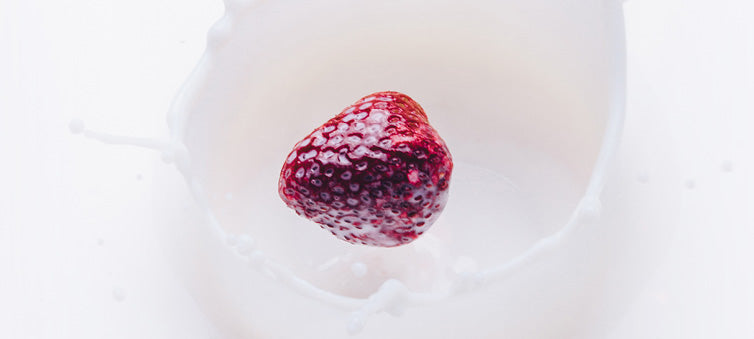
Sugar in Milk: The Myths, Facts and Fats
Lactose is a carbohydrate (a naturally occurring milk-sugar) found in all dairy products. While the lactose in most dairy products is not off-the-chart high, it’s still enough to elevate your insulin levels.
Being that you want the opposite to occur when you’re trying to lose weight, lactose is definitely something to be aware of. It’s also important to remember the additional sugar content – because with the combination of that and lactose, you really are better off eating full-fat dairy.
For example, whole-fat (blue lid) milk has approximately 4.7% sugar content. Semi-skimmed (green lid) milk has 5.3% and skimmed (red lid) milk has up to 6.5%.
As fat doesn’t make you fat (sugar does) it’s a common misconception that we should eat low-fat food when being good. But the opposite is true, and you need to stay away from sugar to keep those insulin levels down.
What about lactose intolerance?
Not just reserved for geeky, nasal kids (Chuckie from Rugrats, anyone?), lactose intolerance is actually very common. It’s a condition whereby our bodies are unable to break down the enzymes in milk – and over 70% of the world’s population suffer from it.
However, lactose intolerance is most widespread in Africa, Asia and South America, where around 80% of people have it. Most of us from Northern or European areas are actually absolutely fine, with prevalence only around 15%.
Am I lactose intolerant?
If you’re from Europe or North America, probably not. The best way to tell if you have an intolerance to lactose is to eliminate dairy from your diet for a few weeks. You might feel better, you might not.
However, you don’t have to be full-blown lactose intolerant to see a difference. It’s not uncommon to have a mild case, and this can cause symptoms such as bloating, upset stomach, constipation, diarrhoea or other digestive issues. Cutting down on dairy for a while might leave you feeling like a new you, so try it and see.
Essentially, weight loss is all about effective digestion and absorption. If there’s anything (like dairy) slowing down your digestive function, it could be throwing you off track – so working to improve these things could help you to see better results.
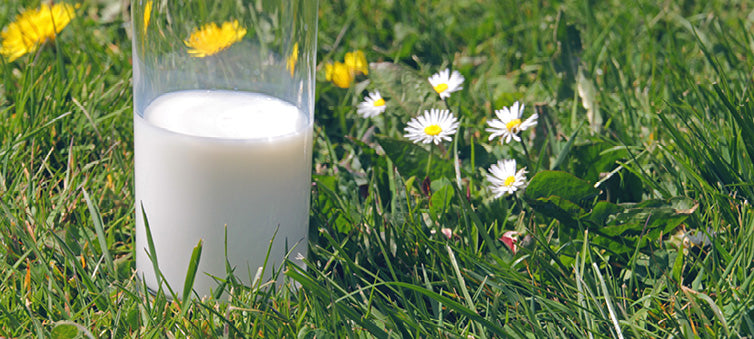
So what’s the deal? Do the experts say you should ditch dairy for weight loss?
As with all diet advice, some do, some don’t.
Dietitian Laura Tilt says ‘Lactose intolerance is common, particularly in people with irritable bowel syndrome and Crohn’s disease. The problem is that the symptoms vary from person to person. Though there are ways to diagnose lactose intolerance — using blood tests or breath tests — availability is poor.
Dairy-free foods have become much more available and are even fashionable, so I think some people are swapping to soya milk because it sounds as if it’s good for you, without any physiological reason.’
Laura also says it’s actually a common misconception that giving up dairy will help with weight loss.
‘Obviously cheese and butter are high in fat and if you’re eating lots of it then cutting down will help. But there’s no evidence that cutting out dairy has any particular benefit for weight loss.
‘In fact, when we compare people on two diets with the same number of calories, the group who are having milk and dairy tend to lose more weight and more body fat. That may be because milk and yoghurt are good sources of protein — they help keep you full and support lean muscle.
‘If you want to lose weight, you should cut out empty calories — sugar, alcohol, refined carbohydrates — and reduce the amount of high-fat dairy products.’
Very, very true.
So, what’s the verdict? Is dropping dairy the way forward?
Once again, it seems the jury’s out on this one.
It seems that when it comes to dairy, there isn’t really a yes or no answer as to whether we should ditch it completely. The health effects seem to vary hugely from person to person.
If you tolerate dairy products and enjoy them, then by all means include dairy into your diet. Just make sure to choose quality dairy… preferably grass-fed and full-fat. It’s the low-fat options, loaded with sugar, that you need to look out for… And try to avoid at all costs.
How do you feel about dairy? Does the thought of giving up cheese break your heart? Or does the idea of a pint of milk every morning make you cringe? Don’t forget to let us know on social, @BooteaUK or facebook.com/booteaUK. We love hearing your thoughts, so keep ‘em coming!



